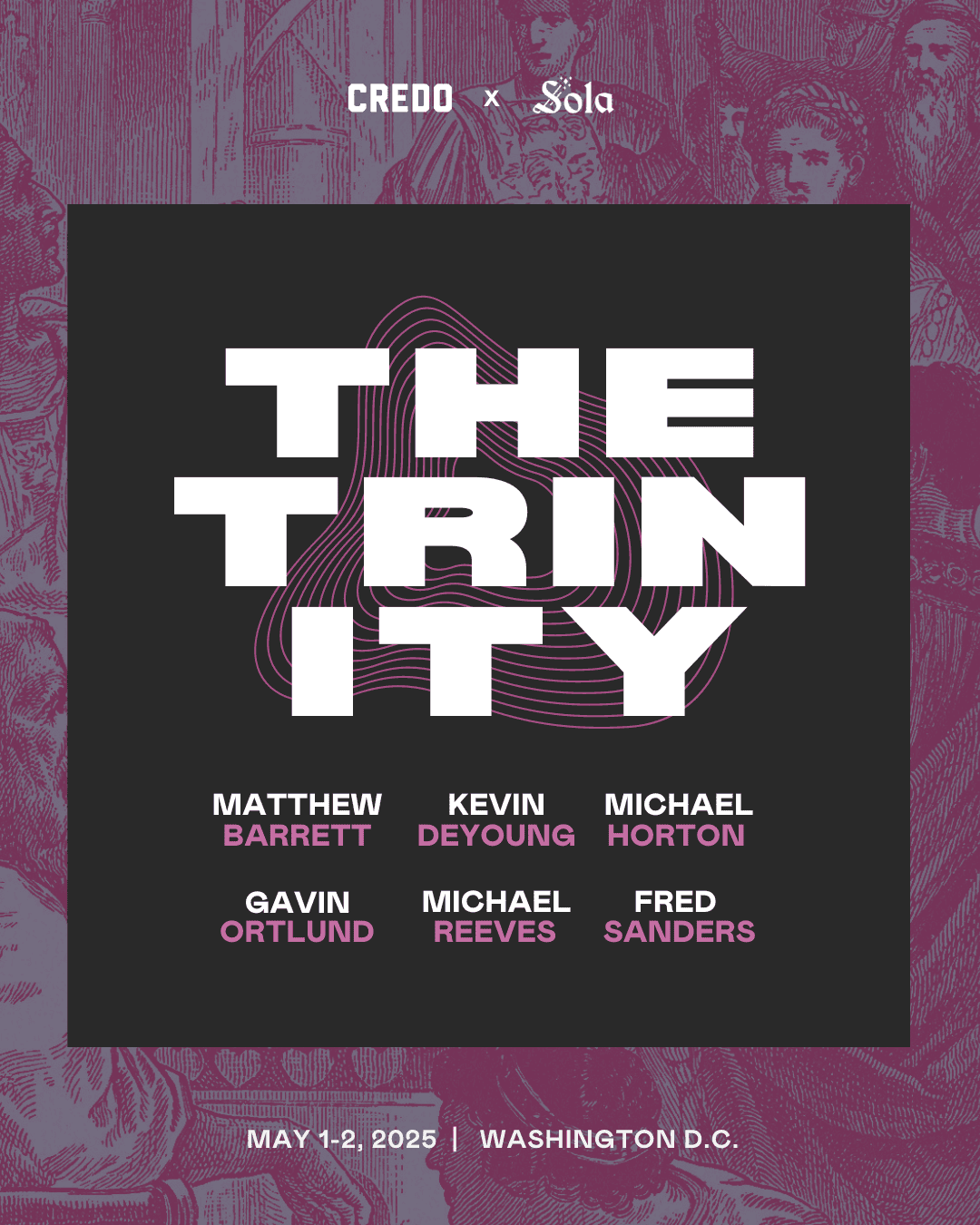Honoring Fundamentalism
By Michael A.G. Haykin–
The term “Fundamentalism,” for many in our culture a word with entirely negative associations, was birthed in the 1910s and 1920s in connection with a desire to affirm the Fundamentals of the Christian Faith in the face of the 19th– and early 20th-century liberal denial of various orthodox doctrines. As such, Fundamentalism points us to the important task that confronts the Church in every generation, namely, the vigorous assertion without compromise of such key truths as the Trinity, the deity of the Lord Jesus Christ, his bodily incarnation and resurrection from the dead. A passion for Truth gripped the early Fundamentalists, and Evangelicals need to be thankful to God for those men and women who affirmed the Faith when so many professing Christian leaders were engaged in Esau-like compromise.
Alongside a passion for the Truth, early Fundamentalism was also shaped by a desire to know the reality of that text in Ephesians 5, where we read that Christ’s great work includes the sanctification and purification of the Church (verses 25–26). Early Fundamentalists were keenly aware that purity of doctrine was a key part of our Lord’s sanctifying and purifying work and that Christians cannot walk hand in hand with those who flagrantly deny the essentials of the Faith. In this connection, they were also desirous of heeding another related text, namely, that “pure and undefiled religion in the presence of God, even the Father, is this…to keep oneself unstained from the world” (James 1:27). These desires—seeking purity of doctrine and church reform as well as living holy lives—should also be central to our Christianity.
Yet, as Fundamentalism pursued these passions, all too frequently it found itself getting sidelined in debates about tertiary issues and becoming a movement that fostered schism rather than reformation. At times it seemed to forget that theological orthodoxy in and by itself cannot revitalize Christian communities: the coals of orthodoxy are vital, but there must be the life-giving flame of the Spirit as well.
In recent days, though, it appears to this historian that Evangelicalism would like to conveniently forget the important role that Fundamentalism played in preserving the Faith in the early years of the twentieth century. Just as, up until very recently, the work of the British Empire’s Bomber Command was conveniently forgotten in the plaudits being handed out to those who made incredible sacrifices during world War II, so Fundamentalists have been conveniently put to one side and Evangelicals have sought to live as if they did not act as conduits of their Faith. But we cannot do this, and nor should we. We may not agree with all that Fundamentalism represented, but honor needs given where honor is due.
Michael A. G. Haykin is Professor of Church History and Biblical Spirituality at The Southern Baptist Theological Seminary. His most recent book is Rediscovering the Church Fathers: Who They Were and How They Shaped the Church (Crossway, 2011). Haykin is the director of the Andrew Fuller Center for Baptist Studies.
